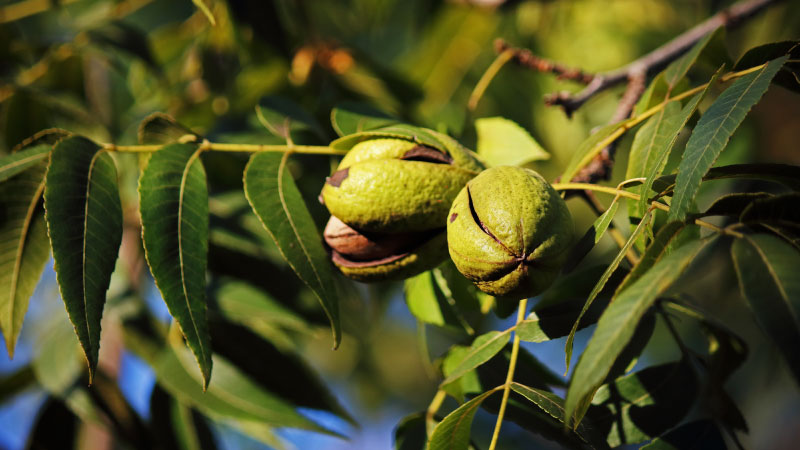Check Out 3 Great Vegetable Classes at Biocontrols Conference
The science behind controlling vegetable diseases and insects using softer chemistries has made great strides recently. The Biocontrols USA West Conference (in Portland, OR, on March 14 and 15) will include three classes to update you on what works and what doesn’t.
Register now to reserve your spot in this first-ever Biocontrols event held in the Pacific Northwest!
Here’s more on the three vegetable classes:
Biocontrol for Vegetable Disease Management in Organic and Integrated Programs
When considering incorporating biocontrols into your vegetable production system, it’s important to consider your options. In this session, Valent BioSciences’ plant pathologist Dr. Johannes Mathieu explores the types of biorational fungicides available in the market, how they work, and the advantages and disadvantages of each. Ed Chell, a Valent Technical Specialist and long-time fresh market pepper grower, walks growers through building a plan that uses biocontrols to control soil diseases in conventional or organic systems.
Biological Control: The Grower’s Perspective
Washington vegetable growers Jason Brown (Mercer Ranches) and Brad Bailie (Lenwood Farms) share their experiences in using biocontrols, offering which real-world-tested techniques work well for them. They’ll also share what hasn’t performed as expected, how they adjusted their methods, and what they recommend other growers try. Bailie and Brown bring different perspectives, with Bailie managing a fully organic operation, and Brown having a more conventional farm with about 10% devoted to organic produce.
How Effective Are Botanical Insecticides in Vegetable Field Production?
In this session, learn about the newest botanical insecticides’ novel modes of action. Dr. Murray Isman adresses both contact toxicity and behavioral actions and how they can be used in vegetable IPM programs. His strategies work for both early season, standalone treatments or in combination with conventional products. Dr. Isman will also share trial data from Mexico and Europe. In addition, you will learn how best to deploy these products for maximum efficacy while maintaining environmental sustainability.










